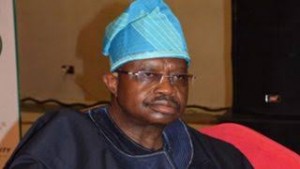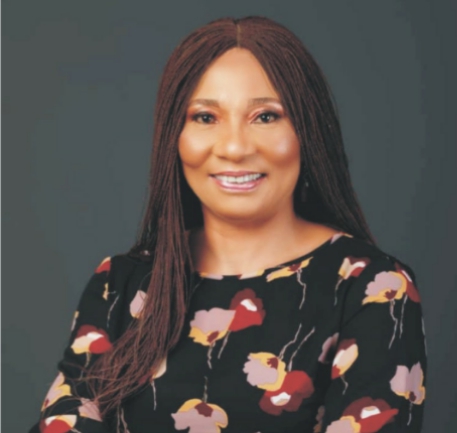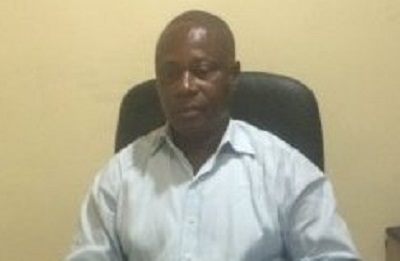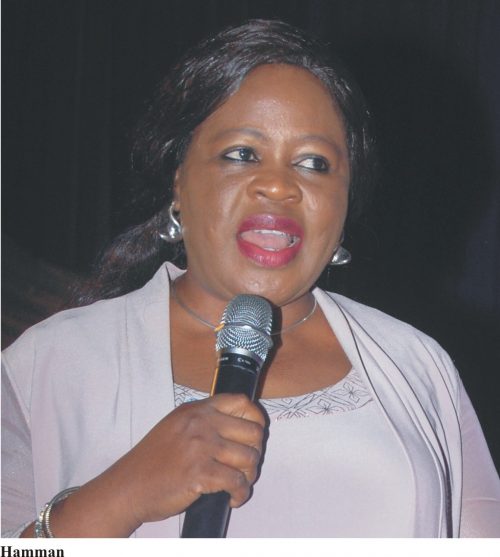When Not To Do Export In Nigeria-Nigerian-American Chamber of Commerce

Chief Olabintan Famutimi is the President of the Nigerian-American Chamber of Commerce (NACC). At the end of a recent stakeholder meeting organized by NACC in Lagos last week, Chief Olabintan spoke with MMS Plus. He reveals how to overcome the challenges facing export in the Nigeria, the plans of his Chamber, its contributions to export in Nigeria and more.
Excerpts:
You talked about the chamber establishing a unit to examine goods before they are exported from Nigeria. Please throw more light on this plan?
The chamber is in partnership with the American government through the United States Agency for International Development (USAID) on this. We are arranging with the federal government to get prospective producers for export to be concentrated in the free trade zones because at such places we can identify them. Hence, it would be easier for us at the chamber to work with the agencies in the United States to direct services for training, capacity building and also give assistance in several other forms to enable them become export compliant.
We are also planning to arrange with the support of the federal government of Nigeria as well as USAID to have a situation where we can appoint an inspection agency to inspect the products of Nigerian companies that are intended to be exported through AGOA (African Growth and Opportunities Act). The agency should also be able to certify these products so that when they get to the other end it is not possible to be rejected. These are some of the things we are doing to reduce the risk of exporting and having the goods seized or denied entry thereby leading to huge financial losses.
Did the chamber play a role in the development of the African Growth and Opportunities Act (AGOA)?
No we didn’t. It was a sole decision of the American government under President Clinton’s administration. They wanted to help Africa by setting up AGOA to help Sub-Saharan African countries export to the American market duty free so that Africa could generate economic growth , generate jobs help SMEs and others to produce and grow.
One of the objectives of this meeting was to link exporters to the financial institutions. How would you appraise the current financial challenges facing exporters especially for starters?
Well, no bank would give you money the first day you go there, but if you persist and do your homework very well then they are prepared to look at your proposal. There are also other agencies like the Nigeria Expanded Trade and Transport (NEXTT) that help starters from the scratch, by advising them and helping them prepare proposals that are bankable. So, with such platforms and a little extra effort on the part of the exporter, you can see that he or she does not need to have all the money. Once you are prepared, do your homework and feasibility study then you will be successful.
There are several challenges when exporting from Nigeria, such as the lack of export incentives, absence of preservative facilities at our seaports amongst others, how do we resolve these issues?
I would advise any exporter or would be exporter to study the environment before going to export. If there are things that cannot be handled technically and successfully, then don’t go into it. You can’t give what you don’t have. It is only what you can export hitch-free that you should attempt to.
Let’s talk about the Nigerian-American Chamber of Commerce (NACC). How has the chamber fared over the years?
The chamber was founded when Nigeria became independent in 1960. Since then, we have consistently been the face of doing business with America. We have been able to mould the interest of Nigerian industries and companies with the American market and also the interest of American companies in their dealings with Nigeria. We are closely related with the American mission both the embassy in Abuja and the Consulate in Lagos. The sitting Commercial Counselor of the Consulate, Mr. Brent Omdahl is a board member of the Nigerian-American Chamber of Commerce (NACC).
NACC is private sector driven. We aren’t funded by the government neither do we get subventions from anywhere. We pay our bills from annual subscriptions and profits from events like this.
How would you appraise the just concluded event? What was the objective and was that objective met?
As an organizer I think a participant should be in the best position to appraise the event. However, when you look at this large hall filled to the brim for a breakfast event that ended up as lunch, yet they waited patiently, interested and also listening and making contributions then you can say that such an event was a success.
What have you been able to achieve with the conference?
The conference was able to bring many stakeholders together and some of them hardly ever talk to each other. They wouldn’t network even though they are all crucial to the export sector. However, the event brought these people together to network and share views on the challenges as well as the headway for exporting. It also provided a certain degree of education and information that most of the participants wouldn’t easily have had access to and most of them were very happy that they participated, so I’m satisfied.
There was no representative from the Nigeria Customs Service (NCS) and there were some questions and clarifications that the Customs should have made. Why weren’t they invited?
Well, the Customs were here on the 20th of May, when we had an AGOA forum. I am sure that we invited them but not everybody we invited came. So, I wouldn’t be able to explain why the Customs weren’t here.
By Kenneth Jukpor







